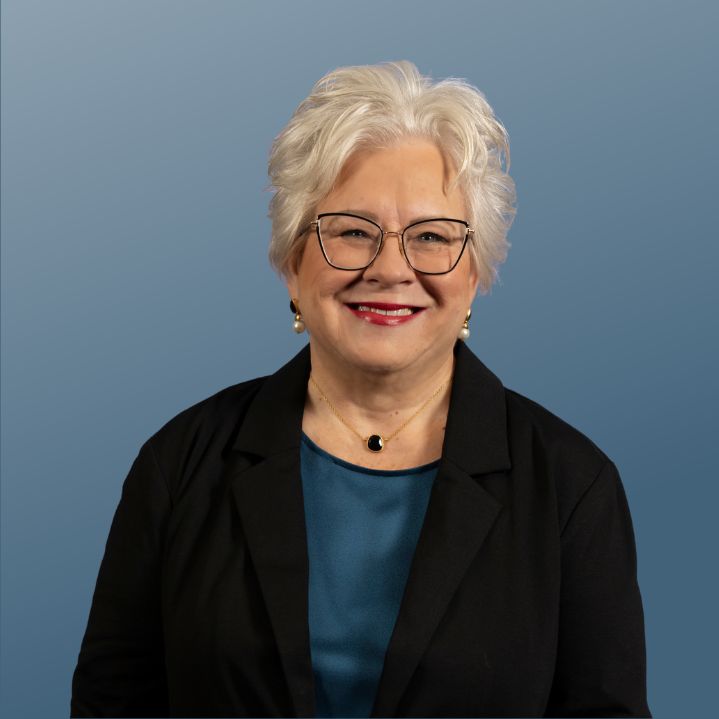 Almost 100 million people are part of a blended family — that’s 1 out of 3 Americans! Blended families are typically a result of divorce and have financial obligations requiring settlement payments. What happens if you become disabled, or die, and can no longer meet those financial demands? Disability and life insurance proceeds could replace that liability and mitigate the strain on the surviving recipient(s). It’s important to remember that individuals must qualify for life insurance. So, waiting to include this option may, at some point, make it either uneconomical or unavailable.
Almost 100 million people are part of a blended family — that’s 1 out of 3 Americans! Blended families are typically a result of divorce and have financial obligations requiring settlement payments. What happens if you become disabled, or die, and can no longer meet those financial demands? Disability and life insurance proceeds could replace that liability and mitigate the strain on the surviving recipient(s). It’s important to remember that individuals must qualify for life insurance. So, waiting to include this option may, at some point, make it either uneconomical or unavailable.
Carolyn J. Smith
When you envision a “Nuclear Family,” what do you see?
According to the Pew Research Center, there is no longer one dominant family form in the U. S.
- In fact, their study provides that:
- 1 out of 3 Americans is part of a blended family. That’s almost 100 million people!
- 2,100 blended families are estimated to form every day.
- What makes these families important for society as a whole?
- For children, stability of the family unit leads to improved behavior and good physical health.
- For adults, a stable family unit is the best protector against sickness and premature death.
Celeste, as we work with these families, we often find that there are some type of divorce settlement payments, most commonly for child or spousal support.
Celeste C. Moya
 Yes.
Yes.
It is also common for a divorce decree to require life insurance to insure the payor so that in the event of the payor’s death, the life insurance proceeds could replace the divorce settlement payments and mitigate financial strain for the surviving recipient or recipients.
There is another risk that is almost always overlooked but has a much higher probability of occurring than death, the total disability of the payor. Statistics demonstrate that over the course of our working years, we are three and a half times more likely to become disabled than to die.
While some individuals may have disability income insurance through their employer, or carry personal disability income insurance, it only insures a portion of their income. And most do not have any disability income coverage.
If the payor becomes disabled, their limited income can make it very difficult or impossible to continue payments. In many cases, the payor’s only option has been to file for a reduction in the obligation based on their current financial circumstances, which is costly and stressful for both the payor and recipient.
A solution to mitigate this risk is specialty disability insurance coverage that can pay for some, or possibly all, of the expenses dictated by the decree. The coverage may be customized to meet the requirements while protecting both the payor and recipient.
Divorce can result in varying degrees of uncertainty. Through proper planning, we can help mitigate some of the financial uncertainty and protect against potentially catastrophic situations such as death and disability.
Carolyn, what are we seeing as some of the best practices for families and their advisors to consider?
Carolyn J. Smith
- As advisors, it seems to come down to these 3 key points:
- First, proactively anticipating the continued growing complexity and diversity of families in all generations.
- Second, be careful to not make assumptions. Take time to clarify what a “successful” plan means to individuals and their family unit. And don’t forget to continue to refresh these objectives.
- And thirdly, recognize that growing, protecting, and dividing the family pie has changed.
Blended families have unique expectations and challenges. The traditional patterns of giving everyone the same slice of the pie … well, it just doesn’t “cut it” anymore!
What does that mean for advisors?
Expect that not all family members may be participating in the family business. Sometimes the “in-laws” are those with the most interest and involvement.
Would those outside the business operations prefer other assets and/or cash?
What if the family has a ranch or vacation home? Who enjoys it? What is the source of funds to manage and maintain this real estate?
These quick examples highlight the division of the family pie may go smoother when a source of liquidity is available.
Because we have seen that when liquidity is missing, forced sales or liquidations often occur resulting in lost value.
And, while borrowing may be a solution, it is temporary, and requires the repayment of principal and interest.
Because of its unique financial and tax benefits, life insurance may play a role in providing options through additional liquidity. It’s important to remember that individuals must qualify for life insurance. So, waiting to include this option, may at some point make it either uneconomical or unavailable.
What we know for sure is that our nuclear families are a growing part of our communities and will continue to change. As families continue to modify their definition of a successful plan, advisors play an important role in building in options and flexibilities.
At C3 Financial Partners, we look forward to helping you gain clarity in your goals and objectives, confidence that you are making the right decisions, and coordinating with you and your other advisors.
 ™
™



